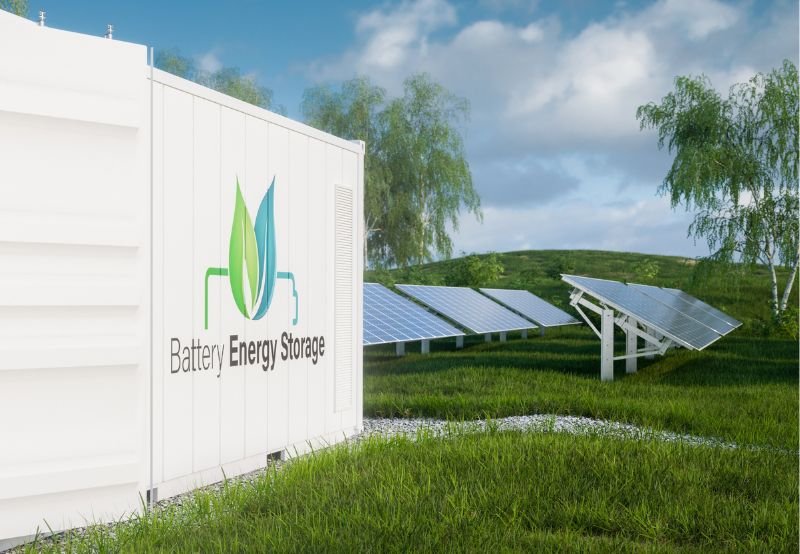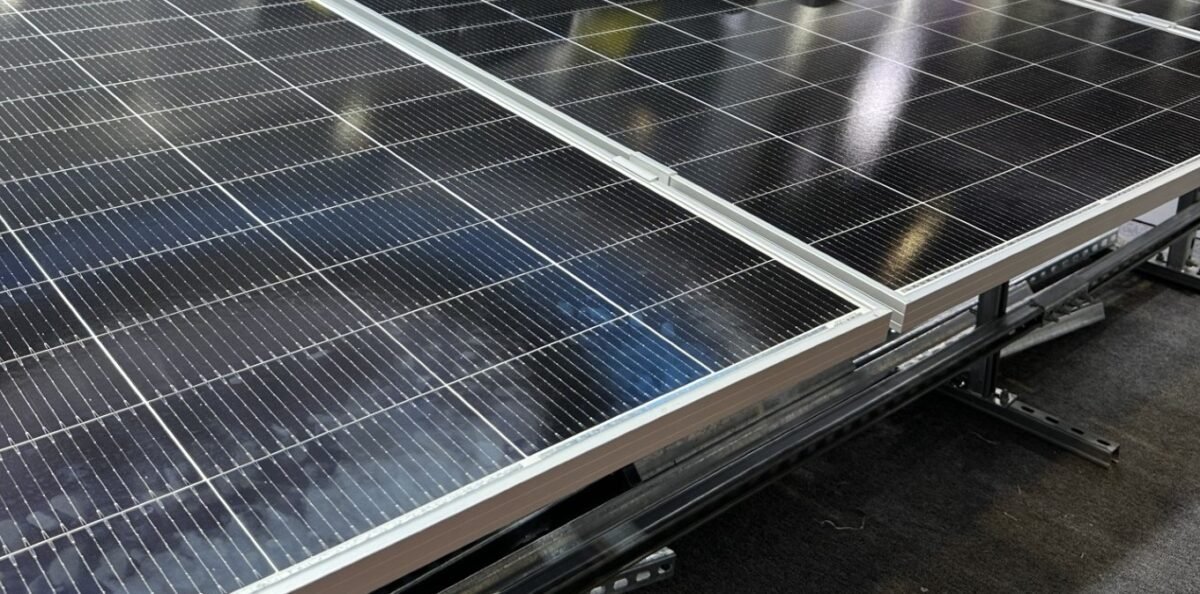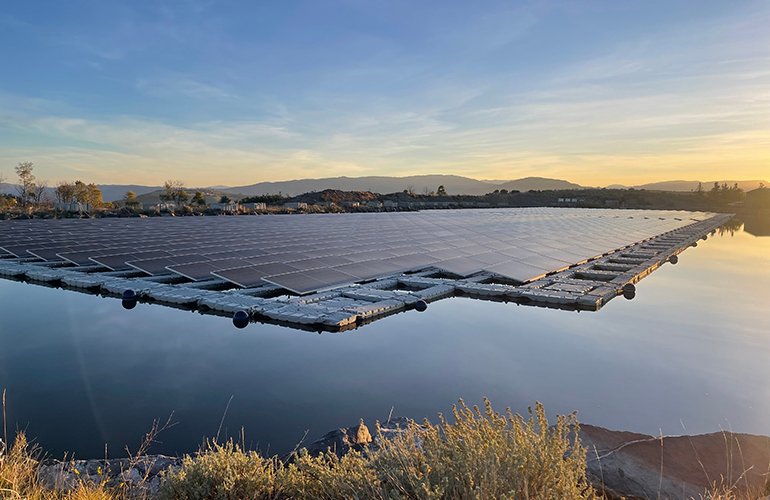US Investigates Polysilicon Imports Over National Security Risks
The U.S. Department of Commerce has launched a critical investigation into the national security implications of polysilicon imports – the key material powering sustainable rooftop solar for manufacturing and utility-scale projects. This probe goes beyond trade disputes, examining whether foreign control over this essential solar component creates strategic vulnerabilities.
Why Polysilicon Security Matters Now
As the backbone of modern solar panels, polysilicon availability directly impacts renewable energy expansion. The U.S. faces alarming supply chain risks with over 80% of global production concentrated in just a few countries. Recent US solar tariffs on imports highlight growing concerns about energy material security.
The Thin Line Between Supply Chains and Security
Commerce Department analysts view polysilicon as a potential geopolitical chokepoint. A foreign export halt could disrupt installations nationwide, underscoring the need for domestic solutions like advanced European-sourced residential battery storage to complement solar arrays.
Potential Solar Industry Impacts
Possible trade barriers may cause short-term price volatility, accelerating interest in alternative technologies. Manufacturers might reshore production, though this requires significant investment. Installers should monitor:
- Component cost trends
- Alternative suppliers
- Storage integration options
Storage Solutions Gain Importance
As seen with recent solar-plus-storage projects in Spain, battery systems help mitigate supply risks. Domestic storage solutions could provide grid stability if polysilicon shortages disrupt panel production timelines.
Opportunities for US Manufacturers
American producers like REC Silicon may regain market share lost to foreign competition. Increased domestic production promises:
- Shorter supply chains
- Enhanced quality control
- Stronger national energy security
Lessons From the Semiconductor Crisis
The 2021-2023 chip shortage demonstrated the dangers of concentrated supply chains. As renewable capacity grows, the solar sector must avoid similar disruptions by securing critical material supplies.
Action Steps for Solar Professionals
While the investigation progresses, industry players should:
- Audit supply chain resilience
- Explore alternative sourcing
- Consider hybrid system designs
The Energy Independence Imperative
This investigation reflects growing recognition that renewable energy transitions require secure material supply chains. As solar achieves grid parity nationwide, reliable polysilicon access becomes as crucial as net metering policies or solar incentives for long-term energy independence.






